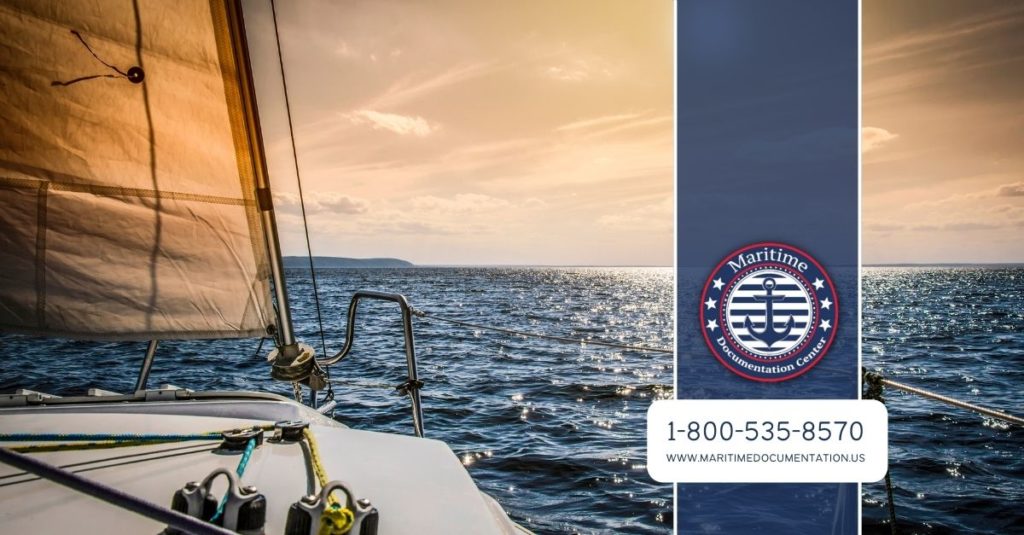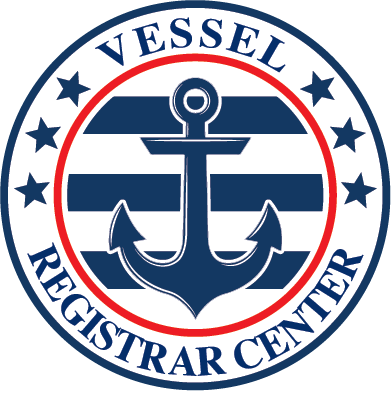Initially, you must ensure that your coast guard document renewal is completed annually to keep it valid. Those who haven’t yet had to renew their registration may discover that working with the Coast Guard is not as straightforward as they would have hoped.
To locate and complete the application for renewal on the Coast Guard’s website, you must first spend some time searching for it, filling it out, completing your payment details, then mailing it all to them.
They may be complicated, and if you make an error, the Coast Guard will return it to you, resulting in yet another round of paperwork, which will add even more time to your renewal.
Rest assured that the Coast Guard has put preparations in place to assist you in renewing any expired paperwork. A shift from one-year to five-year renewal is now taking place in the Coast Guard.
As of the first day of January 2022, recreational Certificates of Documentation will only be valid for five years, rather than the current seven.

Simple Procedure for Renewing Your Coast Guard Documentation
At the Maritime documentation Center, you’ll discover everything you need to conduct a Coast Guard documentation renewal more efficiently.
We’ve made it easy for you to discover the renewal form by placing it at the top of our page.
You may complete the application procedure on our website and submit it at a time that works best for you.
We take security very seriously here. This way, you won’t risk sending a form to the Coast Guard with errors since we will double-check it for you.
Reasons Why You Need To Keep Process Your Coast Guard Documentation Renewal
Financing
In addition to providing responsible ownership and lien registration documentation, lenders suggest the Maritime Documentation Center.
Consequently, most lenders will need that the U.S. Coast Guard documents your vessel to finance it.
Even though the lender does not need USCG papers, they may still offer you better terms if you agree to register the yacht with the Coast Guard.
According to uscgboating.org, the Coast Guard-approved “First Preferred Ship’s Mortgage” is acceptable collateral and enforceable across the United States, its territories, and other countries.
Navigating Foreign Waters
Generally speaking, customs officers accept a U.S. Coast Guard Certificate of Documentation as evidence of ownership and authentication of the boat’s origin as valid proof of ownership and authentication of its origin.
You will instantly get the protection and legal standing provided by the United States Government if you go to foreign seas while carrying your Certificate of Documentation with you.
The easy admission and clearance of passengers at international airports and seaports are also made possible.
Assurance of Ownership
The U.S. Coast Guard requires a clear and indisputable history of ownership for each recorded vessel to guarantee that it meets the agency’s high standards.
The Maritime Documentation Center maintains a “chain of title,” which records all transactions, including satisfactions, bills of sale, and mortgages.
A chain of title is established for owners of documented boats to transfer ownership and refinance their vessels more quickly.
In addition, documentation of a vessel helps monitor stolen watercraft over state boundaries since the federally recorded record of ownership makes it easier to follow stolen vessels across state lines.
Identifying the Vessel
With the United States Coast Guard, each boat registered with the agency is assigned an “official number” that stays constant throughout the vessel’s existence.
The hull’s inner construction must be marked with a number, placed there per the owner’s instructions.
For appearances, marking the inside of the hull gives the ship a more appealing look.
It is straightforward and convenient to have a single phone number issued for the length of ownership that may be reached on board the yacht for practical reasons.
In the end, many of these critical decisions will depend on the sorts of missions you plan to undertake.
And if you plan to visit U.S. waters, there’s no question that you’ll be well served by going ahead with a process for a coast guard documentation renewal sooner rather than later.
There is some concern that the Coast Guard may be making too many changes at once. Ultimately, suppose enough people are confused by the process or do not access the Internet. In that case, they could end up putting themselves and others in danger by continuing to operate vessels with expired paperwork.
The Coast Guard has put a great deal of effort into ensuring that boaters are kept safe, so it is disappointing that they would make changes that put people at risk.
Hopefully, they will take steps to remedy any problems before serious accidents occur due to these changes.




